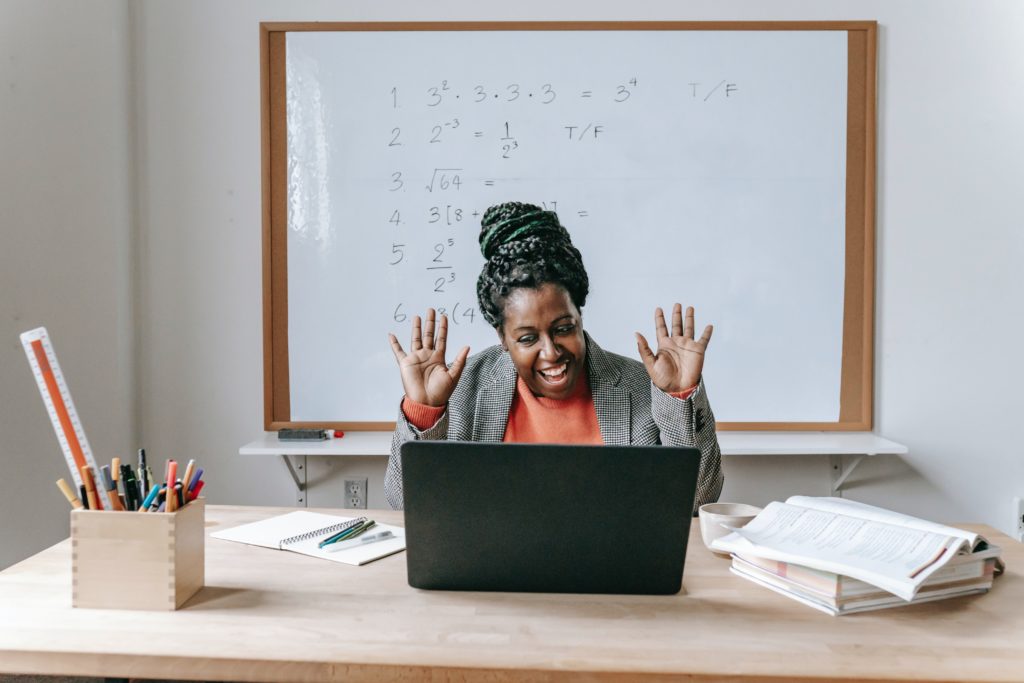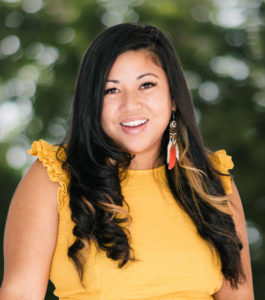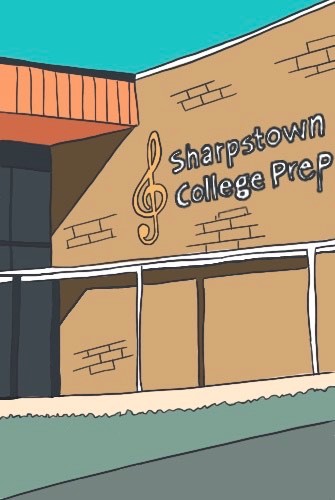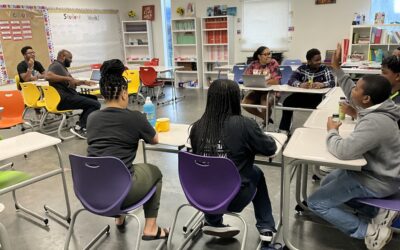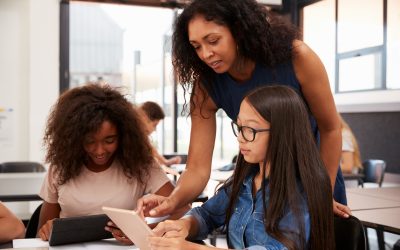Since the pandemic began, it has become increasingly important for us to attend to our students’ social emotional wellbeing. One way that we can do this is by showing up in our classrooms as emotionally whole and well ourselves. We can use strategies, like reflection, to help ourselves stay regulated and centered. Even though we know that reflection is integral to learning, reflection is often the first thing that we cut when we are trying to save time.
Paradoxically, if we slow down enough to reflect, we actually speed up our growth and learning as practitioners.
I spent some time recently in reflection with a teacher about the year that he has had so far, and being able to witness him in this process reminded me of the grand truth in John Dewey’s words, “We do not learn from experience…we learn from reflecting on experience.” When we pause to think about our experiences, we create time to realign ourselves to our why, and see where we may be distracted from our bigger goals.
Try these questions after teaching a singular day of classes:
- How do I feel after teaching today? Why? What is within my control that I can shift or change to feel better after my classes tomorrow?
- What do I think my students feel about class today? Why? What is within my control that I can shift or change to better their experience in my class tomorrow?
- What specific strategies went well in terms of meeting my learning targets today? How might I use them in the future?
- What specific things happened that slowed down or prevented students from fully accessing the learning from class today? How can I address these obstacles?
While I truly believe in reflection, in my time in the classroom, there were days where I just didn’t feel like reflecting. I felt like going home and sleeping or watching a show that would help me get my mind off of the day. Sometimes, a little bit of space away from our classrooms is actually what we need so that we can return to our students from a place of centeredness and calm. Sometimes, a little bit of downtime and distraction is necessary so that when we are ready to reflect, we can do so from a place of wanting to grow rather than a space of venting and reacting. And while these things have been true for me, this has also been my reality: the more and more I have made time and space to reflect, the more natural reflecting has become. It has become part of how I move through classrooms and how I move through the world. In slowing down and reflecting, I can see scenarios that I experienced as troublesome or difficult through different eyes, and I can see what I was missing or what got in my way. I take time to think about how I could have done better, I take time to read or listen to podcasts that help my thinking. I make time to have conversations that might help me look at the scenario differently, so that when the next time a scenario like it appears, I can recognize it for what it is, use what I have learned between then and now, and navigate accordingly.
While reflection on a daily basis is helpful, I have also grown fond of creating space to reflect after longer periods of time–at the end of units, at the end of semesters, at the end of school years, etc. Reflecting in this way can allow us to see things that we could not see from day to day. It’s kind of like the growth of a baby–when I saw my newborn every single day, her growth wasn’t shocking or obvious to me. But when family members who see her every couple months come by, they exclaim, “Wow! She’s gotten so big!” And it’s true, she has. It is extremely valuable to pause to see our growth over time too. Try these questions:
- Why did I go into teaching? Why do I continue to teach today? Are these reasons different or have they changed over time?
- How has my practice grown and changed from my first year as a teacher? From last year? What has helped me most in my growth?
As I have grown my reflection habits over the years, it has made me increasingly conscious of how important self-reflection is for my learning and growth as a teacher. It also makes me aware of how I show up for my students. If we cannot attend to our own social emotional wellbeing, what kind of experiences will the students in our care have? As teachers, we want to model the social and emotional skills we hope our students build and taking time to pause is an important one. Slowing down enough to think about what we have learned can help us turn experiences into learning that we can build upon in the future. Reflection can help us take one time moments and turn them into lessons we can use for the rest of our lives. Where do students have an opportunity to reflect upon what they have learned in your classroom? When do students have opportunities to think about their personal why for their learning and work in school? Are there opportunities for all of us–students and educators alike–to reflect together, in community? As we continue to work toward a more equitable world, reflection can help us pivot when we are going in unintended directions, and reflection can help us see and celebrate how far we have come.
Happy Reflecting!
